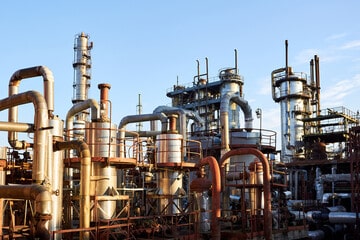Welcome To ChemAnalyst

In the Asian market, the price of feedstock coal surged in the past few weeks after increasing sanctions on Russia, affecting the imports and delivering a new global supply challenge. On 5th April, the coal futures surged due to inadequate supply by 6.4% to USD 281/ton. In China, market sentiments towards Methanol rose this week with oscillations in the price trend. On 12th April, Huating Zhongxu shut its Methanol production facility due to technical issues and is expected to resume soon. The production unit of the plant is estimated to be 600KT per annum. On 10th April, the cost of Methanol in the domestic market surged to USD 441/ton with an increment of 18.80% year on year. Petronas, Malaysia’s major chemical producer on the Malaysian island of Labuan, plans to halt its Methanol unit starting from the first week of May and is expected to resume in July, which will impact the prices of Methanol in the Southeast Asian region. The plant had a production capacity of 1675KTPA. However, in India, the cost of Methanol remained tepid due to an increase in shipments from Iran, Venezuela, and Russia.
High electricity costs and European Union (EU) embargo on Russian export surged Europe’s coal future, impacting the downstream derivative enterprises. Methanol prices in Europe rose due to bullish energy values and robust crude and Natural gas prices. An increase in exports of Methanol from the United States to European and Asian markets resulted in low inventories of the product in the domestic market. On 15th April, the price of Methanol in Germany surged to USD 610/ton FD Hamburg with a weekly increment of 3.38%. The demand for downstream gasoline blending was solid and limited supply pressured the producers to keep up with the market sentiments and fulfill the consumer’s requirements.
According to ChemAnalyst, the price of Methanol in the global market will surge in the upcoming weeks. Surging coal futures and supply constraints to remain the key drivers for increasing prices. Rising feedstock costs, tightening supply, and high demand will boost the downstream gasoline blending and derivative market demand, while logistics constraints and increased transportation costs may increase overseas suppliers' freight charges. Scheduled Plant turnaround in the Chinese market will increase the production cost and limit the operation rates of the downstream industries.
We use cookies to deliver the best possible experience on our website. To learn more, visit our Privacy Policy. By continuing to use this site or by closing this box, you consent to our use of cookies. More info.
